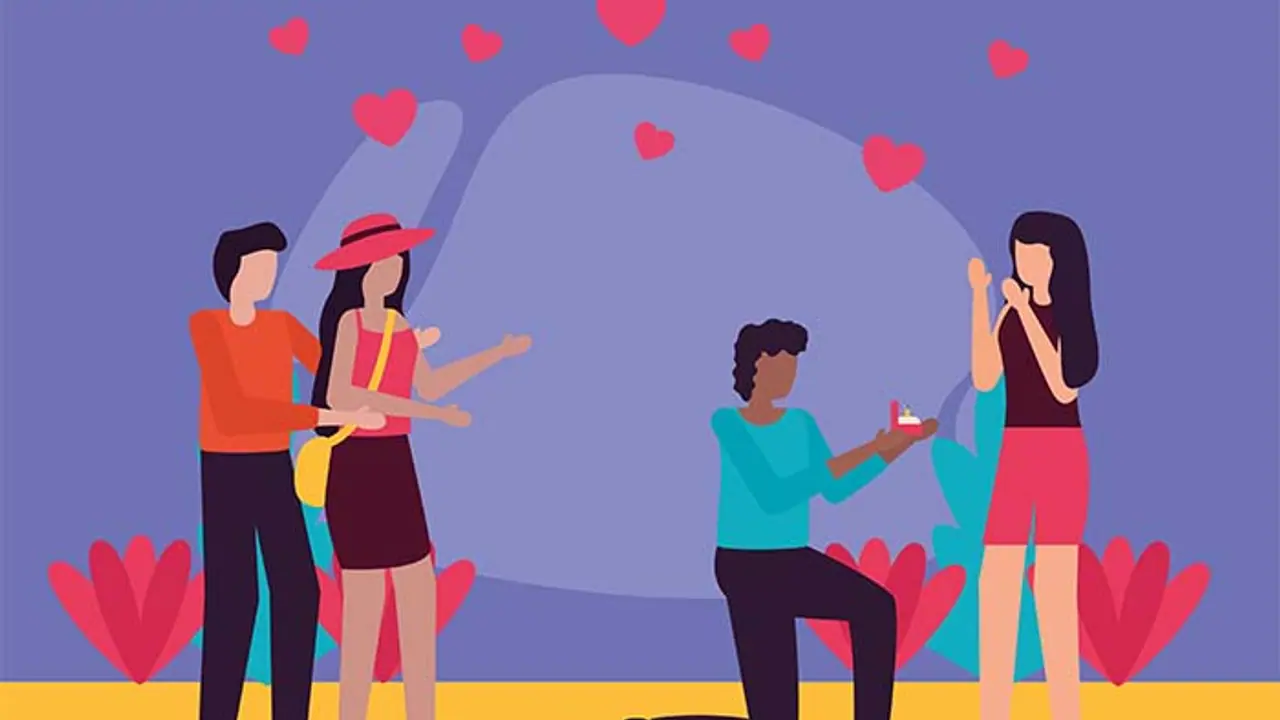Dating in 2025 looks different for Gen Z—but not always in a good way. From emotional orbiting to therapy-speak misuse, this guide uncovers 7 toxic trends that are quietly being normalized.
As Gen Z continues to reimagine relationships through openness and fluidity, 2025 has also witnessed an increase in certain nasty dating habits. Fuelled by dating apps, hyperconnectivity, and shifting social norms, these poisonous trends resonate with underlying issues regarding commitment, communication, and digital exhaustion.

7 toxic dating trends of 2025:
1. Lazzy Dating
A combination of laziness and passive effort, Lazzy Dating is characterized by minimal communication with no desire to meet or create anything substantial. Texts such as "wyd" or "u up?" have become the norm in conversation, with a bare minimum approach emerging.
Why it's toxic: It leaves one or both partners in limbo, not allowing for emotional investment or meaningful connection.
2. Breadcrumbing 2.0
A developed form of breadcrumbing, the 2025 incarnation consists of liking posts, commenting on stories, or sending the occasional "hey" to keep a person engaged—yet commit to nothing tangible.
Why it's toxic: It plays on insecurity and uncertainty, leaving people doubting their value and emotions.
3. Love-Bomb Ghosting
Here, someone lavishes another with excessive love in the beginning—only to vanish into thin air. It involves a whiplash effect: butterflies to breakdowns.
Why it's toxic: It exploits emotional vulnerability, frequently causing lasting psychological damage.
4. Eco-Dumping
This trend involves Gen Z breaking up with others for what they deem unsustainable habits—like ordering plastic straws or taking flights too frequently. Though eco-awareness is important, it gets used as a cop-out to break up or judge over petty behavior.
Why it's toxic: It tends to disguise relationship problems in the name of activism and shames rather than inspires change.
5. Rizz Fishing
Riding on the colloquialism "rizz" (charm), this trend consists of acting flirting, arrogant, or interested—solely to get attention or try out one's charm. There is no intention to date or form a relationship.
Why it's toxic: It plays games with feelings and disrespects true interactions.
6. Emotional Orbiting
Unlike ghosting, the individual doesn't vanish altogether. Rather, they drop direct communication but stay engaged with stories, such as posts, and hover on the virtual periphery—keeping themselves within your psychological sphere.
Why it's toxic: It procrastinates on closure and sustains emotional ambiguity.
7. Therapy-Tok Projection
With therapeutic jargon filling up TikTok, a few Gen Z daters casually diagnose partners as "narcissists," "gaslighters," or "emotionally unavailable" without context or actual diagnosis. These terms are most often used to close off responsibility.
Why it's toxic: It weaponizes mental health terminology, manipulates relationship patterns, and cuts off development.
Whereas Gen Z is demanding emotional honesty, mental health consciousness, and non-traditional romance—there are some dating practices that are causing more harm than good. Identifying these poisonous trends is the first step towards creating healthier, more thoughtful relationships in the digital era.


